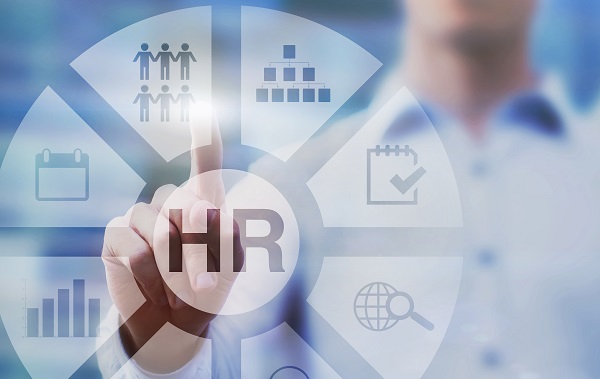
The Coronavirus pandemic has forced almost every UK business to immediately develop, adapt and improve their work policies and procedures. While HR may have been at the forefront of employers’ response to the COVID-19 crisis, the role of HR teams has had to change dramatically to ensure businesses could adapt and improve their processes effectively to make the transition to remote working possible and efficient.
But while HR focused on keeping employees safe and informed throughout the crisis, with businesses being encouraged to reopen their workplaces to employees unable to work from home, what impact will this have on HR and what changes can we expect to see to the role of HR in a post-COVID workplace?
Remote and Flexible Working
Most workers had to quickly adjust to remote working during the pandemic and even as businesses are now able to resume, many employees will likely continue to work remotely for the foreseeable future. This flexibility will vary between businesses, with some people dividing their work time between home and office. For many employers and employees, this will be a smooth process thanks to the available infrastructure and technology which has already allowed remote working to be possible.
If remote working is set to stay, HR must develop and implement new rules and processes to ensure everyone in the business feels comfortable and reassured with the permanent changes to the way they work. Important factors that will need to be considered include:
• Ability to schedule meetings and provide training and development for remote staff
• Availability of funding for remote workers’ digital equipment and connectivity
• Changes to job descriptions to incorporate remote/flexible working
• Ability to monitor productivity and review approaches to working time
• Adapting specific HR functions such as training, staff development, diversity and compensation
• Recruitment and retention
COVID-19 has forced employers to put recruitment plans on hold, furlough some or all of their staff and even lose some of their workforce completely. These difficult decisions will affect businesses across the country as retaining the remaining workforce becomes more important than ever to ensure businesses continue to perform and survive. HR will need to look at implementing new strategies to keep all furloughed staff up-to-date with changes and then to get them back into full-time employment as soon as possible. Once businesses can return to work, there will need to be a recovery plan that could include hiring contractors or temporary staff to help with the back to work transition. During these challenging and uncertain times, HR must continue to communicate with current workers any prospective employees.
Keeping remote workforce engaged
While keeping a remote workforce engaged and productive is a new challenge for many HR teams, it is one of the most essential tasks for a business to be successful. Ensuring employees are positive, engaged and productive translates into a better performing company and enables workers to feel happy and rewarded for their efforts. As HR teams take on this new challenge, they will need to adjust to the way they communicate with employees. They must also show appreciation and reward employees who are working enthusiastically and productively. This can be achieved by adjusting benefits to ensure they are fit for purpose both during and after the pandemic. For instance, enhancing wellbeing programmes and providing access to mental health and stress management services, access to COVID-19 testing and perhaps even a technology salary sacrifice scheme.
Digital transformation
Organisations have become much more reliant on technology during lockdown to enable employees to work at home effectively. This has inevitably seen a surge in the demand for computing equipment, monitors and video conferencing platforms so that employees can regularly communicate and collaborate. HR teams have had to accelerate their digital transformation strategy and as this increased reliance on technology has allowed businesses to continue to run effectively, it’s likely to be here to stay.
Employee wellbeing
The COVID-19 pandemic has shown employers that the mental and physical health of their employees is crucial. The pandemic has left many people feeling demotivated, worried and uncertain about the future. As remote working is set to continue, despite workplaces reopening, HR teams will need to continue to provide support and reassurance to staff with the help of wellness initiatives such as video catch-ups to discuss work and non-related work issues, mindfulness classes, financial advice and access to a variety of support helplines. But even when work returns to normal and the majority of staff are back on-site, this strategy should become the new normal as supporting the physical and mental wellbeing of employees demonstrates loyalty to the workforce while resulting in more positive and productive employees.
No one knows whether these changes will be permanent. But as this unique time has given organisations the experience of working in different ways which have led to benefits and challenges for employers, the future of work and the role of HR is certainly changing.
HR support
For more articles relating to the effects of the current pandemic visit the HR Solutions’ dedicated page ‘Coronavirus Advice and Guidance for Employers’.
HR Solutions are here to provide you with support and advice on any employment-related issues; to find out more call us on 0844 324 5840 or contact us online.








